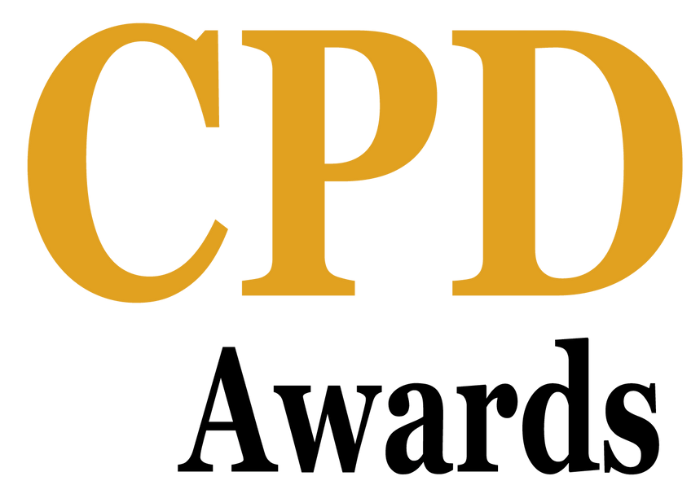
CPD can be delivered through various methods, depending on an organisation’s structure and available human and financial resources. Common CPD delivery methods include:
- In-house presentations
- Workshops
- Seminars and conferences
- Training courses
- Technical reports
- Books
- House magazines and newsletters
- Professional literature
- Videos, CD-ROMs, and other media
- Factory tours and site visits
- Educational websites
The Continuing Professional Development Mark is an independent assessment scheme designed specifically to ensure individuals can verify and enhance their personal skills in a structured and recognised manner.
CPD accreditation is suitable for a range of different learning methods
1. Training Courses
CPD accreditation is highly suitable for structured training courses as they provide in-depth, instructor-led education focused on specific skills or knowledge areas. These courses often include practical exercises, assessments, and certifications that contribute directly to professional competency. CPD accreditation ensures the course content meets established quality standards and delivers measurable learning outcomes, making it a valuable tool for both employees and employers seeking verified professional growth.
2. Workshops
Workshops are interactive and hands-on, often designed for small groups to develop practical skills through real-world applications. CPD accreditation adds credibility to workshops by ensuring that the learning objectives are clear, the content is relevant, and the outcomes are beneficial for professional practice. Accredited workshops encourage active participation and critical thinking, fostering a deeper level of engagement and knowledge retention.
3. Webinars
As flexible, online learning formats, webinars are ideal for time-conscious professionals. CPD accreditation assures participants that the content is not only informative but also structured in a way that supports continued professional development. Accredited webinars offer verified learning hours, often supported by post-event evaluations or certificates, thereby maintaining the integrity and quality of remote learning experiences.
4. Conferences and Events
Conferences and professional events offer a platform for knowledge exchange, networking, and exposure to new industry trends. CPD accreditation enhances the value of these events by recognising the learning that occurs through keynote presentations, panel discussions, and breakout sessions. With CPD credit allocation, professionals can document their participation as part of their annual development goals, ensuring that informal learning is also formally acknowledged.
5. Online Courses
With the growing demand for remote education, CPD-accredited online courses provide flexibility without compromising on quality. Accreditation guarantees that these courses are built around structured curricula, verified content, and measurable outcomes. This ensures that learners receive consistent, high-quality education, whether in self-paced modules or instructor-led formats, contributing effectively to their professional development portfolios.
6. Technical Reports
Technical reports, whitepapers, and research publications contribute to CPD by enhancing analytical skills and industry-specific knowledge. Accreditation of these materials validates their relevance, accuracy, and educational merit. CPD-recognised reports allow professionals to stay updated with current research and best practices, encouraging evidence-based decision-making in their respective fields.
7. Factory Tours and Site Visits
These experiential learning activities provide firsthand insight into operational processes, technologies, and workplace practices. When CPD-accredited, factory tours and site visits are recognised as valuable learning experiences that bridge the gap between theory and practice. Accreditation ensures these visits are well-structured, purposeful, and aligned with professional learning objectives, making them an essential component of vocational and technical education.

